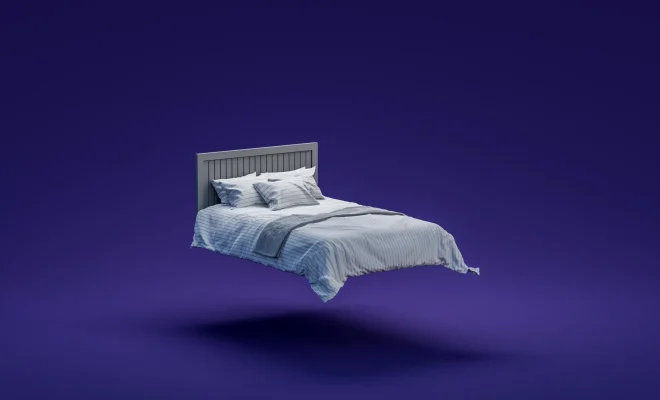Sleep Paralysis: I Hallucinated a Giant Spider, but My Doctor Said It Was Fine

Have you ever woken up in the middle of the night, convinced there’s something lurking in the shadows or a monstrous creature at the foot of your bed? You struggle to move or scream, and yet you’re entirely paralyzed. This scenario may seem like it’s coming straight from a horror movie, but it’s an actual medical phenomenon known as “sleep paralysis”.
Sleep paralysis is a relatively common sleep disorder that occurs in the transition between wakefulness and sleep. During these moments of brief waking, the individual is conscious – often hyper-aware – but unable to move or speak. Alongside this terrifying immobility often come vivid hallucinations that can be incredibly distressing.
This is where my story begins.
One freezing January night, I woke up abruptly, my breath hitching in my chest as my heart pounded. To my utter horror, I realized that I was unable to move. My gaze darted around the room nervously, landing on an enormous spider descending from the ceiling towards my immobile body. Panic surged through me as I struggled to react – understandly so, considering my severe arachnophobia.
When I finally snapped out of it and regained control of my muscles, there was no spider – it had been merely a figment of my imagination brought on by sleep paralysis.
After enduring several recurrent episodes of such hallucinations paired with temporary paralysis, I decided to consult with a sleep specialist. Despite expecting a grim diagnosis corresponding with what felt like night-time terrors, my doctor assured me that it was quite normal.
Sleep paralysis can be triggered by various factors such as irregular sleep patterns, stress or underlying mental health issues. However, hallucinating during these incidents is not an indication of any severe psychiatric disorder but simply part of this peculiar transient phenomenon between sleep stages.
My doctor explained that during sleep paralysis, parts of our brain involved in REM (Rapid Eye Movement) stage of our sleep are still active while others wake up momentarily. This mismatch often leads to vivid dreams or hallucinations intruding on our conscious awareness when we should be sound asleep.
As harrowing as these experiences were – witnessing the giant spider descending upon me in stark clarity – they were simply products of REM intrusions induced by an active imagination combined with transient immobility.
In conclusion, while experiences during incidents of sleep paralysis can indeed be terrifying and seem all too real, they are fleeting and not indicative of any serious health issues. Much like the giant spider that haunted my nights was merely an illusion concocted by my mind under extraordinary conditions. It was indeed fine – as fine as any neurological glitch can be!


